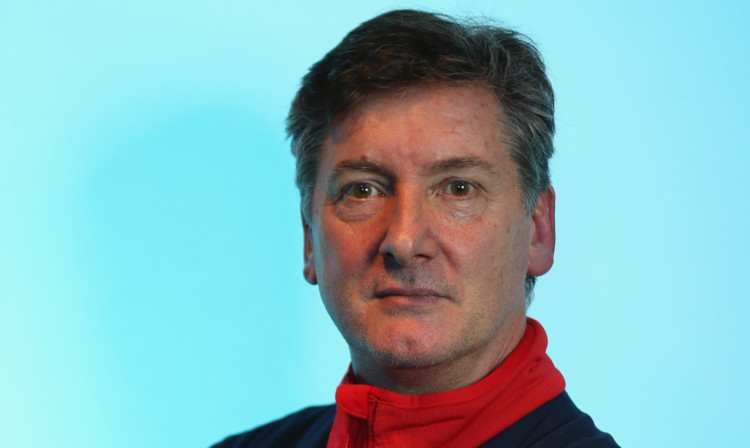
Robin Cousins reckons modern day Brits can become Olympic ice stars like himself and Torvill and Dean.
Robin Cousins believes that the feelgood factor from London 2012 can make Sochi Great Britain’s most-successful Winter Olympics ever.
He also dismisses the “Golden Age” of British dominance on the ice when John Curry, Cousins himself and Torvill and Dean won gold in three successive Games as a fluke.
Cousins is taking two weeks off from his job as head judge on ITV’s Dancing On Ice to act as Team GB ambassador, as well as BBC commentator, in Russia.
He rubbishes claims that his own achievement and those of Curry and Torvill and Dean have become an albatross for British winter sports, much as the 1966 World Cup win has for the England football team.
“I don’t believe people feel threatened by what we did,” he says. “It was a magical few years but it was just a fluke. It happened by accident that we all followed each other.
“We have people going to these Games who are really strong in their sport though the wider public may never have heard of them.
“There’s Nick Buckland and Penny Coombs in the figure skating, Lizzy Yarnold in the skeleton and some great young snowboarders.
“The Winter Olympics have always been the second cousin to the main event but because of the legacy of 2012 we have a level of attention for Sochi unlike anything we’ve had before.
“It’s all about exposure. Before 2012 we had athletes who’d been winning World Championships for years but probably would never have been heard of but for the Games.
“The concept of Team GB is brilliant. It gives athletes a sense of camaraderie that wasn’t there in my day.
“This is an opportunity to do what they do in front of millions. That springboards on behalf of their sport and pushes it out to new people.
“My job as ambassador is to be there for the athletes, their support teams and their families. What do they need to do their job properly?
“Of course people will judge the success of these Games on how many medals the British team gets.
“But as a nation we love people who put their heart and soul into sport and there will be plenty of those in Sochi.”
Remarkably, Cousins reveals he has never watched the film of his own gold-winning performance in Lake Placid 34 years ago.
“I’ve never watched my programme,” he says. “I’m just not interested. I have my own memory of how the night played out.
“I skated first of the final group of eight, then went into the adjacent room to watch the American and Japanese women train while my rivals did their routines.
“My brother Nick was at the BBC commentary position and watched the results pop up on screen.
“He found me and said everyone was looking for me. He realised that I had no idea that I had won so it was him who told me!”

Enjoy the convenience of having The Sunday Post delivered as a digital ePaper straight to your smartphone, tablet or computer.
Subscribe for only £5.49 a month and enjoy all the benefits of the printed paper as a digital replica.
Subscribe